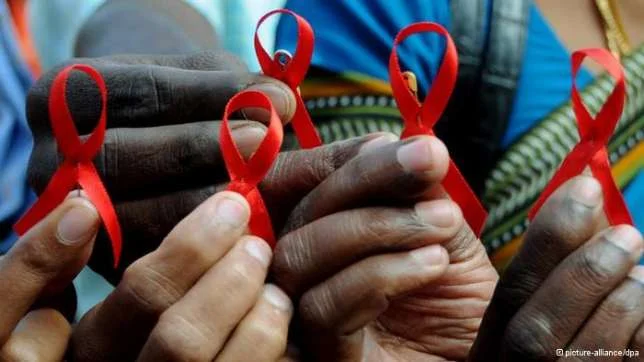HIV-Positive and ‘Undetectable’: What does it mean?
Everyone knows that there is no know cure for HIV however, it is possible for your viral load to be so low that the virus is considered 'undectable'. It may be difficult to wrap your head around but in this article we will explain HIV-Positive and ‘Undetectable’: What does it mean?
You might have noticed that ‘undetectable’ has become quite a popular world and there’s an important reason why it’s becoming a popular term among people living with HIV.
As the name suggests, an undetectable viral load occurs in people living with HIV when the virus exists in such small quantities that it can’t be detected by standard blood tests.
Lots of people living with HIV can achieve an undetectable viral load by being consistent with their antiretroviral treatment over a period of at least six months.
Evidence has shown that as long as you continue to have your viral load monitored by a health professional to confirm that you are undetectable, then there is zero risk of you transmitting HIV to others and your health will not be negatively affected by HIV.
Here we look at what it means to be undetectable if you are living with HIV, or if you are HIV-negative but are having sex with someone who is undetectable…
What you need to know if your partner is 'undetectable'
Despite the huge success of ART treatment and the unlikelihood that someone with an undetectable viral load will pass HIV to someone else, it is best to still remain very careful and mindful when engaging in sexual activity.
While the chance of transmitting the virus is minuscule, in theory, it is still possible. For example, if your partner’s viral load suddenly rises due to the interference of another medication which affects your partner's ability to absorb their ART medication, there’s a chance you could contract the virus.
It's important to be clear that being undetectable does not translate to being cured. While the viral load in the blood may be undetectable, the virus still exists in the body, including in fluids like semen and vaginal secretions. People with HIV can experience a 'blip' which means that their viral load can increase in response to a cold, vaccination, and other external circumstances which are often unexpected.
If you and your partner are relying on an undetectable viral load to protect against transmitting HIV, talk to your doctor about how frequently you both should be tested. The average recommendation is between two to four times a year.
If you and your partner are having sex without condom, bear in mind that you aren’t protected against either an unwanted pregnancy or other sexually transmitted infections so make sure the both of you get tested regularly and are using necessary precautions like contraception.
In summary, though it seems really, really difficult to get HIV from someone who's undetectable, one still needs to be responsible about their treatment and get regular viral load tests. HIV treatment is the most effective prevention strategy we have, use it properly and there's no reason why you should not live a full and happy life.
Key Terms
HIV. HIV is the virus that causes AIDS. HIV hijacks cells in your immune system and uses them to replicate (make more copies of itself), destroying those cells in the process.
Viral load. Viral load refers to how many copies of HIV are present in a milliliter sample of blood. Viral load testing is a way to estimate how much HIV is in the blood. It is used to monitor immune function and see how well HIV treatment is working.
Antiretroviral therapy (ART). ART involves taking medications to keep the virus from replicating in an HIV-positive person’s cells. These drugs thereby decrease viral load.
Undetectable viral load. When copies of HIV cannot be detected by standard viral load tests, an HIV-positive person is said to have an “undetectable viral load.” For most tests used clinically today, this means fewer than 50 copies of HIV per milliliter of blood (<50 copies/mL). Reaching an undetectable viral load is a key goal of ART.
PrEP. Short for “pre-exposure prophylaxis,” PrEP is an HIV prevention strategy in which HIV-negative people take an oral pill once a day to reduce their risk of HIV infection.







